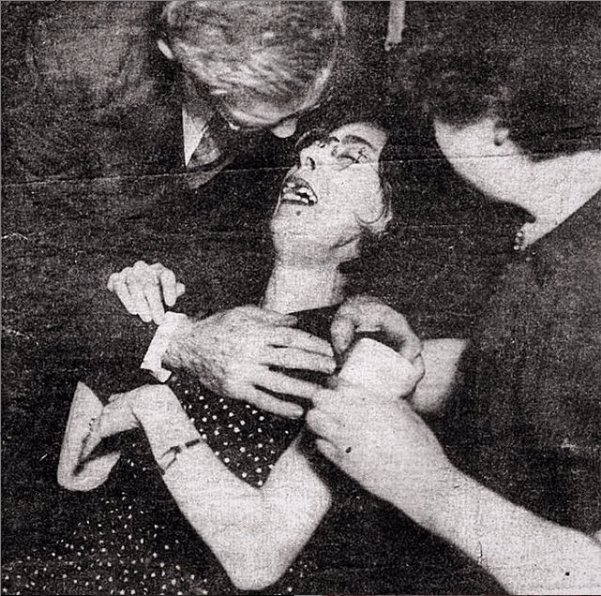

But it is important to get it checked out as soon as possible so that you can have treatment for it.

It is natural to feel anxious if you develop pain. They can arrange tests to find out the cause. Sometimes pain or discomfort lasts for several months or more.Īlways tell your doctor if you have a new pain or pain that is getting worse. If you had pain during treatment, it will usually get better as your tissues heal.

You can also talk to our cancer support specialists on the Macmillan Support Line on 0808 808 00 00. Our Online Community is a good place to do this. Social networking sites can help you connect with people, share information, and give and get support. Speak to your specialist nurse about what is available in your local centre. These help patients who are dealing with the physical and emotional late effects. Many treatment centres have health and well-being events for people who have had head and neck cancer.

This could be a counsellor or members of a support group who have been through a similar experience. Sometimes it is easier to talk to someone who is not close to you or involved in your care. This may help them understand what you need to do for your recovery so they are in a better position to help you. If possible, take someone with you to your hospital appointments. As well as your healthcare team, this may include a partner, family or friends. It is important to have people around who can support you. It is normal to have ups and downs, and there may be times when you do not feel you are making progress. There may also be other changes in your day-to-day life you need to adjust to.ĭealing with these changes can take a lot of effort and determination. You may need to do things like regular mouth, jaw, throat, neck or shoulder exercises. Tell your cancer doctor or specialist nurse about any side effects that have not gone away or if you have new symptoms.Īs you recover from cancer treatment, you may need to re-learn skills, such as swallowing or speaking. These effects often get better over time as you recover. There are things you can do to manage late effects. whether lymph nodes (lymph glands) in the neck were treated.your general health before treatment started.How likely treatment is to cause late effects depends on several things, including: We are also learning more about late effects and how they can be managed. Treatment for head and neck cancer is always developing and people are living for longer because of improved treatments. In this information, we use the term late effects to include both long-term and late effects.ĭoctors and researchers are trying to make sure people get the best treatment but have as few side effects as possible. They do not appear during treatment, but can happen months or even years later. Late effects are a delayed response to treatment. Sometimes long-term effects are permanent. Symptoms may slowly get better over 1 or 2 years after treatment ends, or even longer. They may go away eventually on their own. Long-term effects begin during, or shortly after, treatment and do not go away in the 6 months after treatment. There are different terms used to describe side effects that develop after treatment for head and neck cancer, or side effects that you still have after treatment is over.


 0 kommentar(er)
0 kommentar(er)
